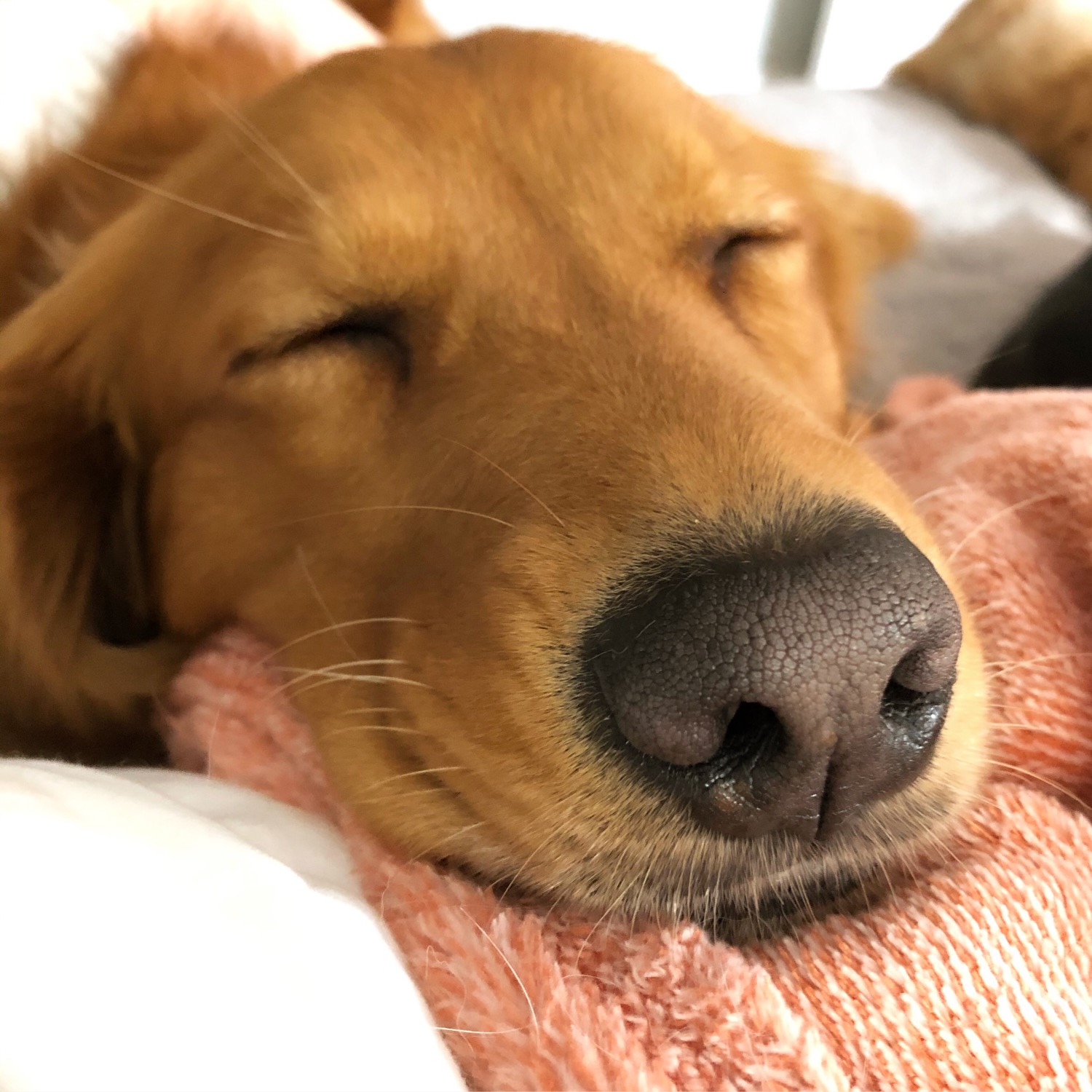The Barn Cat Program
- HATS Staff

- Oct 1, 2019
- 2 min read
Specifically created for wild cats who prefer little to no human interaction, our barn cat program is intended to match spayed or neutered feral cats to barn homes.

The program allows people who are looking to add a barn cat to their family to obtain cats who not only have been fixed, but have also been FIV/FeLV tested, vaccinated, and ear-tipped. It also allows cats who otherwise would not have been able to find a home to go into a setting where they can live their best lives.
Here are some of the questions that we often receive about our Barn Cat Program:
What does 'feral' mean?
A feral cat is a wild cat that is not socialized with humans and prefers living outdoors. It is not a cuddly domesticated cat that would enjoy an indoor home with human interaction. We often remind people that feral cats are the equivalent of a raccoon or squirrel; they are wild animals.
Aren't cats safest if they live indoors?
We prefer that domesticated cats live indoors. This keeps them out of deadly situations like moving cars, car engines, poisons, cat fights that can lead to the spread of disease, dogs, wild animals, and unkind humans. However, indoor homes aren't the best scenario for wild cats. Feral cats are most comfortable in an outdoor setting, and since they have grown up in that setting, they are street savvy. Outdoor homes with sources of food, water, and shelter are the best places for unsocialized cats to live their dream.
Why the ear-tip?
An ear-tip is a universal identifier that is used to show that a cat has been spayed or neutered and is being cared for. Ear-tipping is preferred because feral cats cannot be safely picked up to have their spay/neuter status determined. While the cat is under anesthesia during its spay/neuter surgery, the tip of the ear is removed in a straight line. You should not interfere with an ear-tipped cat unless they appear sick or injured.
What makes a successful barn home?
We require that people who adopt through our Barn Cat Program provide food and fresh water for the outdoor cats that they take home with them. Since rodents are not a sustainable food source for cats, it is important that outdoor cats are given cat food daily to keep their energy levels up enough to hunt. Fresh water is not always easy to find, so that should also be provided daily. Shelter is also very important and we require that there be at least one building or shelter for outdoor cats to find warmth and safety. Lastly, we coach barn homes on slow acclimation periods so that cats will stand a better chance of remaining where they are released.
How can I adopt a barn cat?




Unlike fast-paced puzzle games, Block Blast gives players plenty of time to think, which makes it very satisfying.
I really appreciated this post — the Barn Cat Program is such a thoughtful way to provide feral cats with safe, suitable homes while respecting their natural behaviors. The detailed explanation of how to care for barn cats and the importance of ear-tipping was very helpful. I recently read a similar perspective on a blog called https://shrimpupaquatics.com/, which also highlighted the value of creating environments that meet animals’ specific needs. Thank you for sharing this informative and compassionate guide!
The Barn Cat Program Geometry Dash is a humane initiative designed to control rodent populations on farms, barns, and other rural properties while giving homeless or feral cats a safe and productive home.
Slope Rider takes you on a breathtaking speed race where every turn tests the limits of your reflexes.
A feral cat is a wild cat that is not socialized with humans and prefers living outdoors. It is not a cuddly domesticated cat that would enjoy an indoor home with human interaction. We often remind people that feral cats Speed Stars are the equivalent of a raccoon or squirrel; they are wild animals.